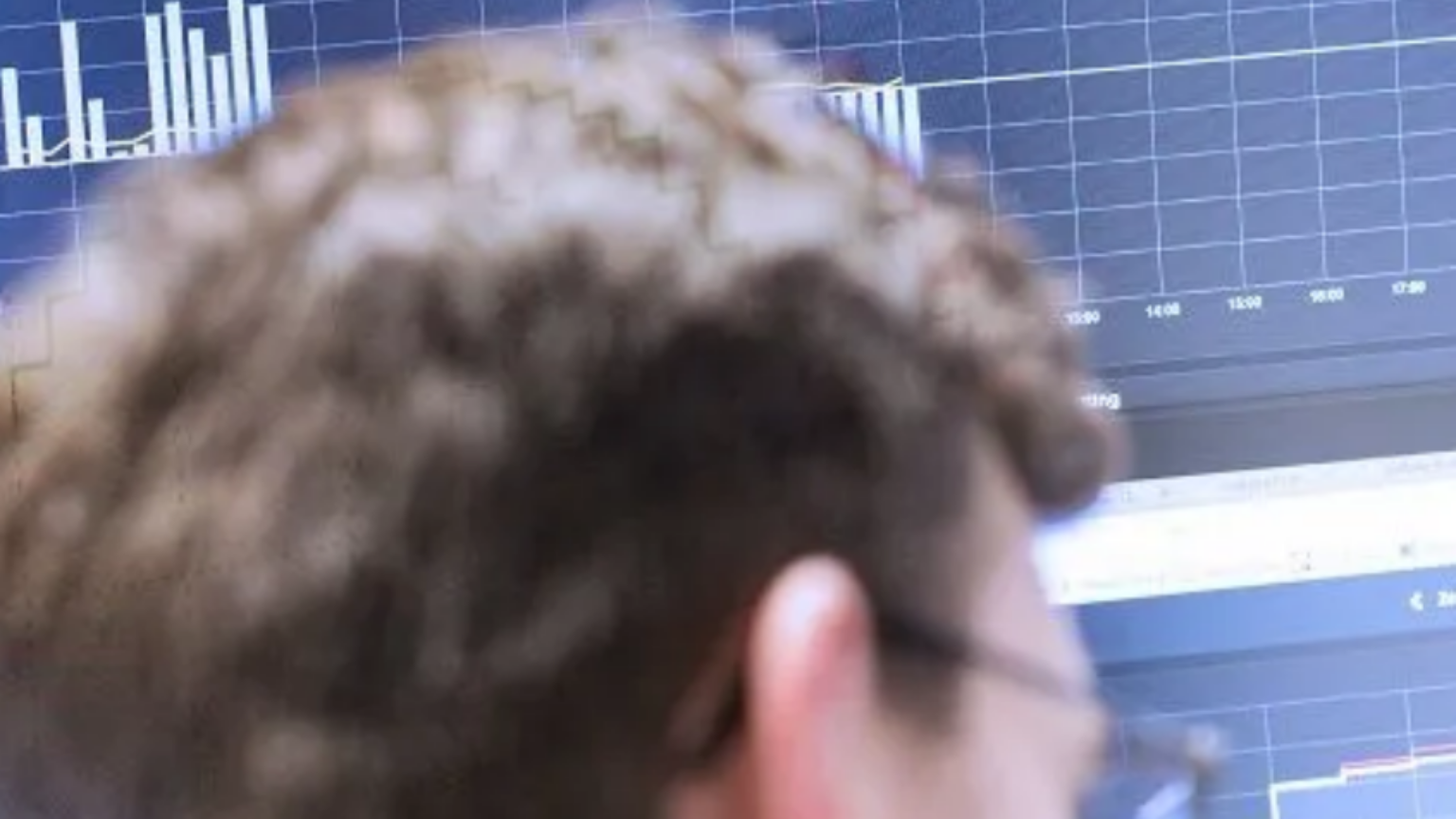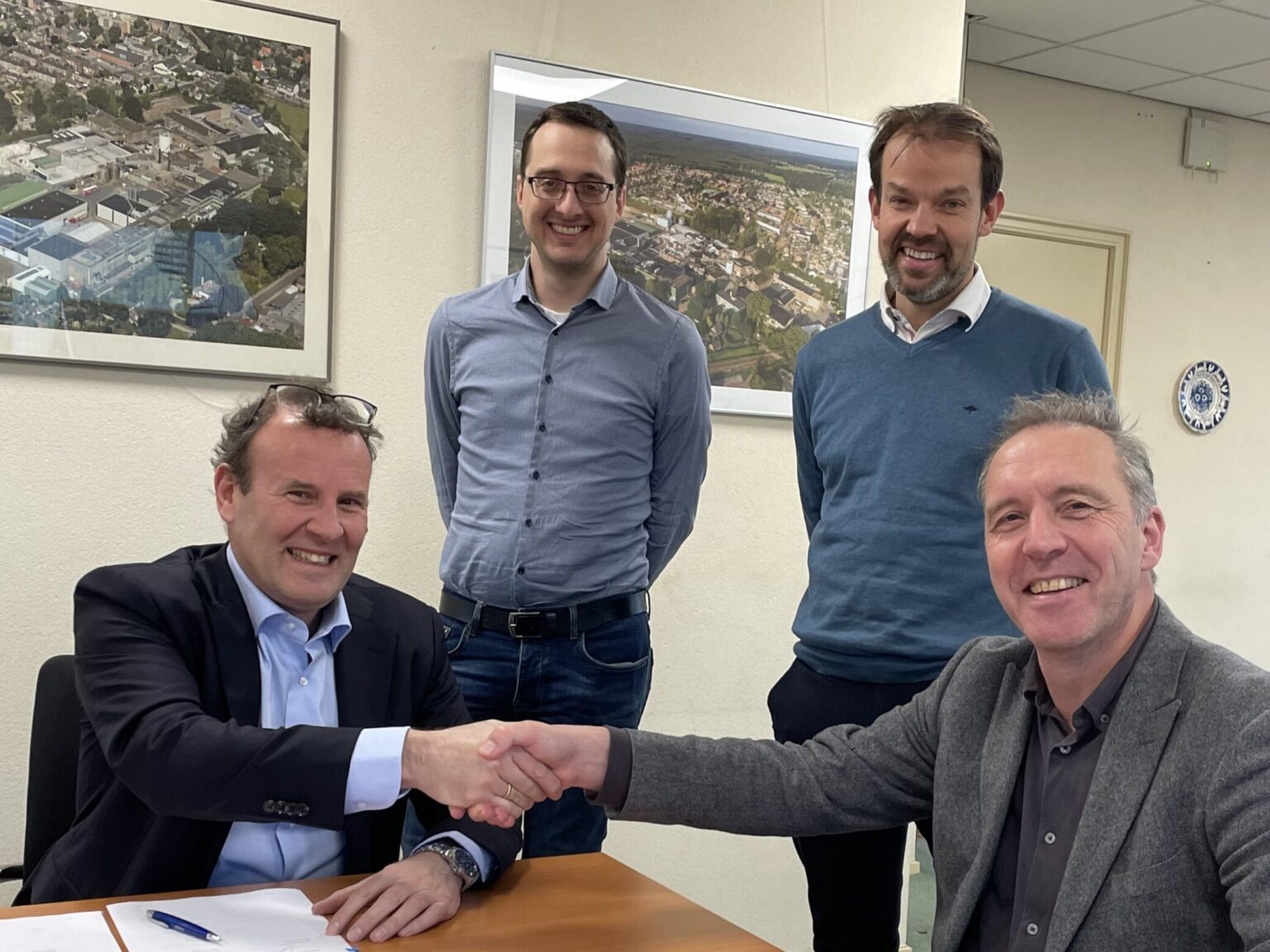Reduced CO2 emissions, relief of electricity grid and steering on energy prices go hand in hand
Folding Boxboard Eerbeek switches to flexible power production
Folding Boxboard Eerbeek has been producing the electricity needed to produce their folding boxboard with its own combined heat and power plant for many years. The cogeneration plant, which runs on natural gas, is now equipped with innovative software. This will make it possible to make the best choice based on highly fluctuating energy prices: producing electricity yourself using natural gas or buying electricity from the regular power grid.
The switch to this flexible power generation has positive consequences in several areas. When electricity prices are low, Folding Boxboard Eerbeek’s natural gas turbine automatically switches back and the system itself chooses to buy electricity from the regular power grid. This leads to a reduction in local CO2 and nitrogen emissions and is an important contribution to the Netherlands’ desired switch from natural gas to sustainably generated electricity (electrification). Are electricity prices high and threatening to overload the power grid (grid congestion), something that is increasingly common in the Netherlands? Then the system can temporarily switch back on its own electricity production using natural gas, and Folding Boxboard Eerbeek contributes to balancing electricity supply and demand. Moreover, the continuous flexible response to the most favourable energy price in each case naturally ensures cost efficiency. With this, Folding Boxboard Eerbeek strives for the continued affordability of sustainably produced folding boxboard for customers in the packaging industry.
Sustainable packaging material, sustainable production
Folding Boxboard Eerbeek sees flexible power production as one of the many steps it wants to take in the coming years in terms of energy efficiency and sustainability. In this particular case, the company is working closely with cardboard producer Sappi Maastricht, which already has experience with flexible power production. The partnership proves that the Dutch paper and cardboard producers are putting their shoulders to the wheel in making their sector more sustainable, both by themselves and together. After all, paper and board packaging materials are made of the most sustainable, eternally renewable and optimally reusable raw material available: wood from sustainably managed forests in Europe. It is therefore natural for the Dutch paper and board industry to also fully commit to making all production processes more sustainable.


